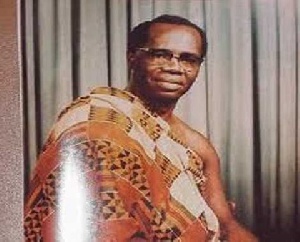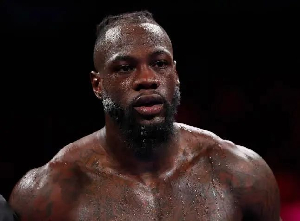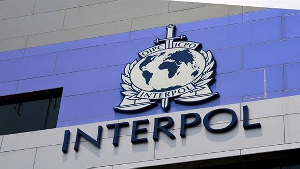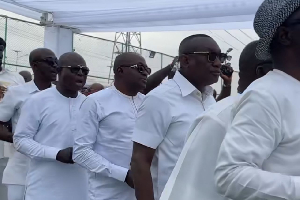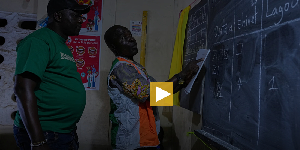It has emerged that Joseph Boakye Danquah (JB Danquah), a founding member of the United Gold Coast Convention (UGCC), was not the only person who was against the granting of Ghana’s independence in 1957.
Kofi Abrefa Busia, a Ghanaian historian who later became Prime Minister from 1969 to 1972, was also against the independence of the country and made efforts to stop the British government from granting Ghana independence in 1957.
This revelation was made by Kwame Nkrumah in his book, Dark Days in Ghana, where he details the struggles he encountered before and after his rule of the country from 1957 to 1966 when he was president.
In detailing the struggles before independence on March 7, 1957, Kwame Nkrumah outlined the roles of various persons and organizations in ensuring that his ‘Self Government Now’ dream was not accomplished.
One of such persons is Kofi Abrefa Busia, who, according to Kwame Nkrumah, went as far as petitioning the British government against granting Ghana independence.
In his petition, K.A. Busia told the British government that Ghana was not ready for independence and that the country still needed the British to run it.
Read the excerpts from Nkrumah's book below
“When the new Assembly was formally opened, the opposition benches were empty except for two members who turned up from Togoland. Afterwards, Busia and his friends excused themselves by saying that they arrived late and could not get through the dense crowds outside the Assembly.
The Governor, in his speech at the opening ceremony, stated that the government would that week introduce a Bill declaring the Gold Coast a sovereign and independent state within the Commonwealth. The following day, the opposition tabled an amendment criticizing the proposal as "premature" until a further effort had been made to get "an agreed Constitution." The amendment was defeated by a majority of 37.
Whereupon, adopting their old tactics, the opposition issued a statement to the press saying they would absent themselves from the Assembly when the Independence Motion came before the House.
Busia, showing where his real support lay, announced that he considered the struggle centered not in the Gold Coast but in London, and that the opposition would send a delegation to the British government.
As I recall these times, when the opposition persistently refused either to participate in national discussions or to respect the decision of the great majority of the people, I wonder how they managed to retain even the little support they had. Their actions were so unpatriotic, dishonest, and undignified. They aligned themselves with those who wished to retard the country's progress towards independence. At the same time, while loudly proclaiming their belief in democracy, they were prepared to try to force the will of a small minority on the majority of the nation, and so make a farce of parliamentary government. Busia, who led the opposition delegation to London, actually appealed to the British government not to grant independence. He said the country was not ready for it: "We still need you (the British) in the Gold Coast."
I imagine he would say today that the Americans were needed! He found some support among sections of the British press, but there could be no denying that the conditions laid down by the Secretary of State, that my motion for independence should be passed by "a reasonable majority in the newly elected Legislature," had been satisfied, and at long last a date for independence was fixed—the 6th of March 1957.
TWI NEWS
EK
Watch the latest episode of Everyday People on GhanaWeb TV below:
General News of Monday, 5 August 2024
Source: www.ghanaweb.com

